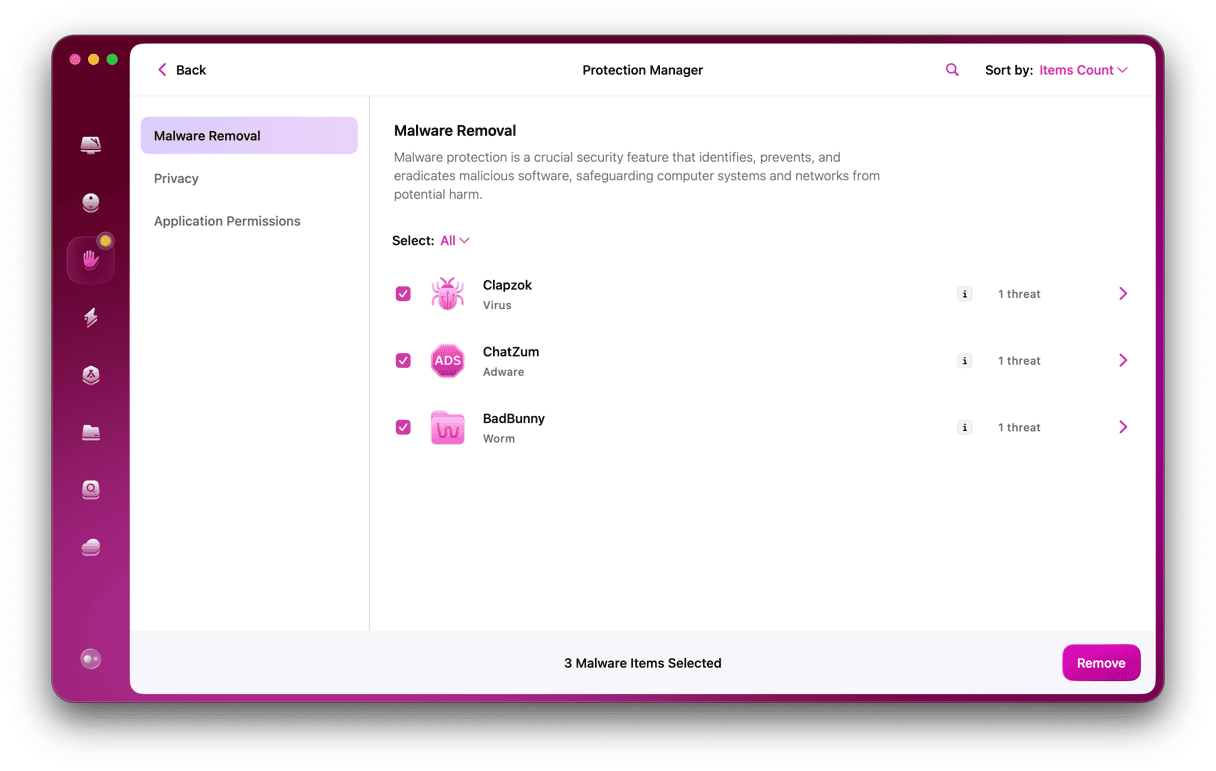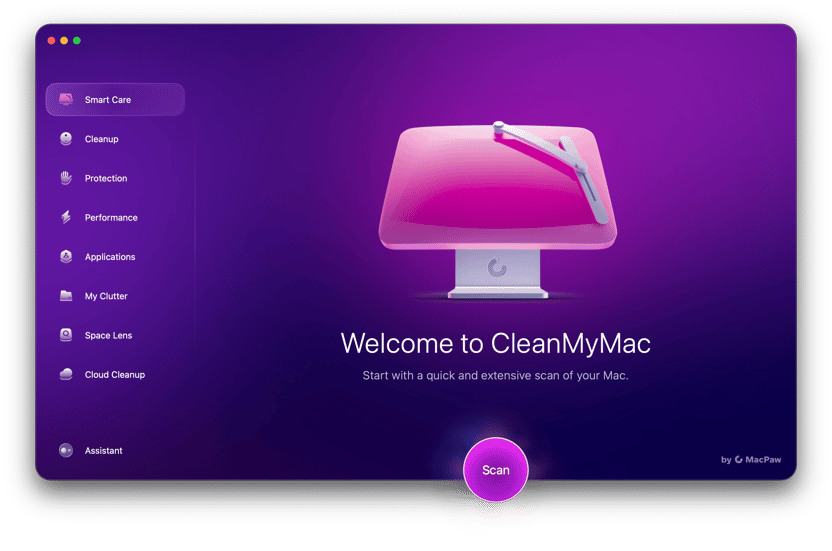There are many PayPal scams around, but the “Your Account Paypal has been limited” scam is one of the nastiest. It’s a basic phishing scam that sends out email messages in bulk. Phishing scams like this rely on scaring users into not thinking clearly and acting immediately, and their purpose is to steal usernames and passwords. They seem legit because they have a PayPal logo in them and users may get these in the email account they use for PayPal. However, if you click the link in the email, it takes you to a fake site and asks you to type in your details, thus stealing them. Keep on reading to learn what the scam says and how to avoid being phished. Let’s dive in!
What does the “PayPal account limited” email say?
The text of phishing emails is often poorly worded and contains spelling and grammatical errors. It’s one of the ways you can tell a phishing email from a legitimate message. In this case, the email says:
“Your Account PayPal Has Been Limited !
Dear Customer,
To get back into your PayPal account, you’ll need to confirm your identity.
It’s easy:
Click on the link below or copy and past the link into your browser.
Confirm that you’re the owner of the account, and then follow the instructions.”
The grammar is pretty good in the body of the email, but the headline is poorly worded — “PayPal” and “Account” are the wrong way round. And notice that the word “paste” is spelled incorrectly. That’s one clue this is a scam. Another clue is that most organizations will address you by name rather than “Dear Customer.”
If you were to click the link in the email and arrive at one of those websites, you would be asked for your PayPal email address and password and then perhaps even your credit card details.

How to avoid being phished
PayPal provides a number of tips on how to spot phishing emails. We’ve already covered some of them here, such as checking the sender’s address and looking out for a generic greeting like “Dear Customer” as well as watching out for poor grammar and spelling mistakes.
PayPal also says it will never ask you to send sensitive information by email and that if it needs you to confirm your password, it will ask you to log in to your account. So, there’s no reason to ever click a link in an email that looks like it comes from PayPal. If you want to check on the destination link in any email, you can hover over it with the mouse pointer to see the real address.
You should also be wary of emails that generate a sense of urgency, like in the case of the Paypal account has been limited scam, which tries to make you think your account is at risk.
What should I do if I clicked a link?
First, contact PayPal and tell them you think your account may have been compromised. Also, change your password immediately.
After that, it’s worth scanning your computer for malware. There are lots of cleaning tools that will do this for free. But if you have a Mac, one of the easiest ways is to use the malware removal tool in CleanMyMac, which has an up-to-date database of the latest malware.
Open CleanMyMac — get your free trial here.
Click Protection > Scan.
Click Remove to get rid of malware.

Done! CleanMyMac’s database is constantly updated to make sure that all the recent adware, spyware, worms, and viruses are detected and removed for good. Download the app and scan your Mac for any vulnerabilities and threats.
The “Your Account PayPal Has Been Limited” phishing email is designed to scare you into clicking a link and supplying sensitive information. Don’t do it. Instead, either delete the email or mark it as junk and forget about it. If you’re worried about your PayPal account, log in to it and change your password. And if you’re worried about malware, scan your computer using an antivirus tool or CleanMyMac.





